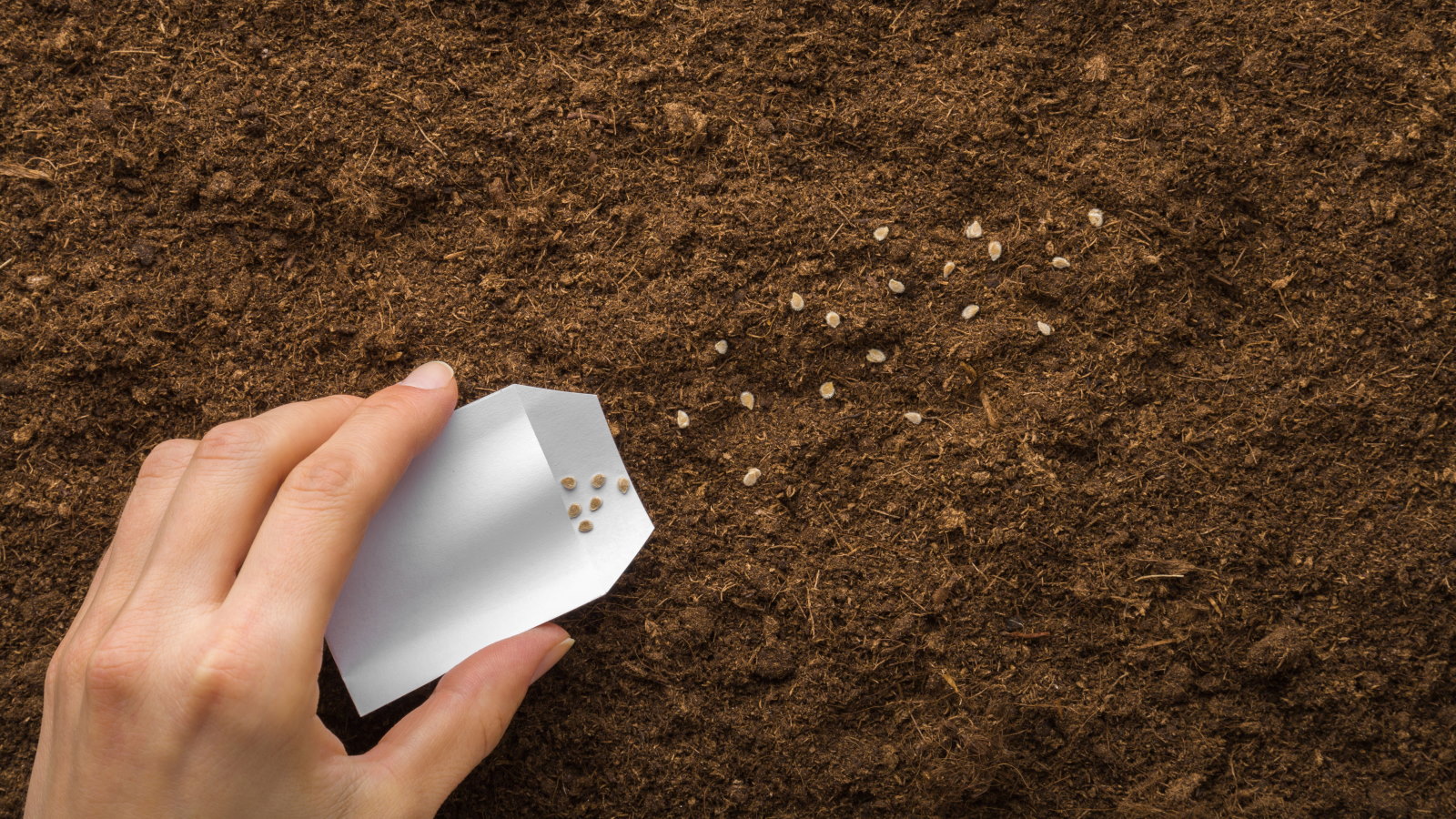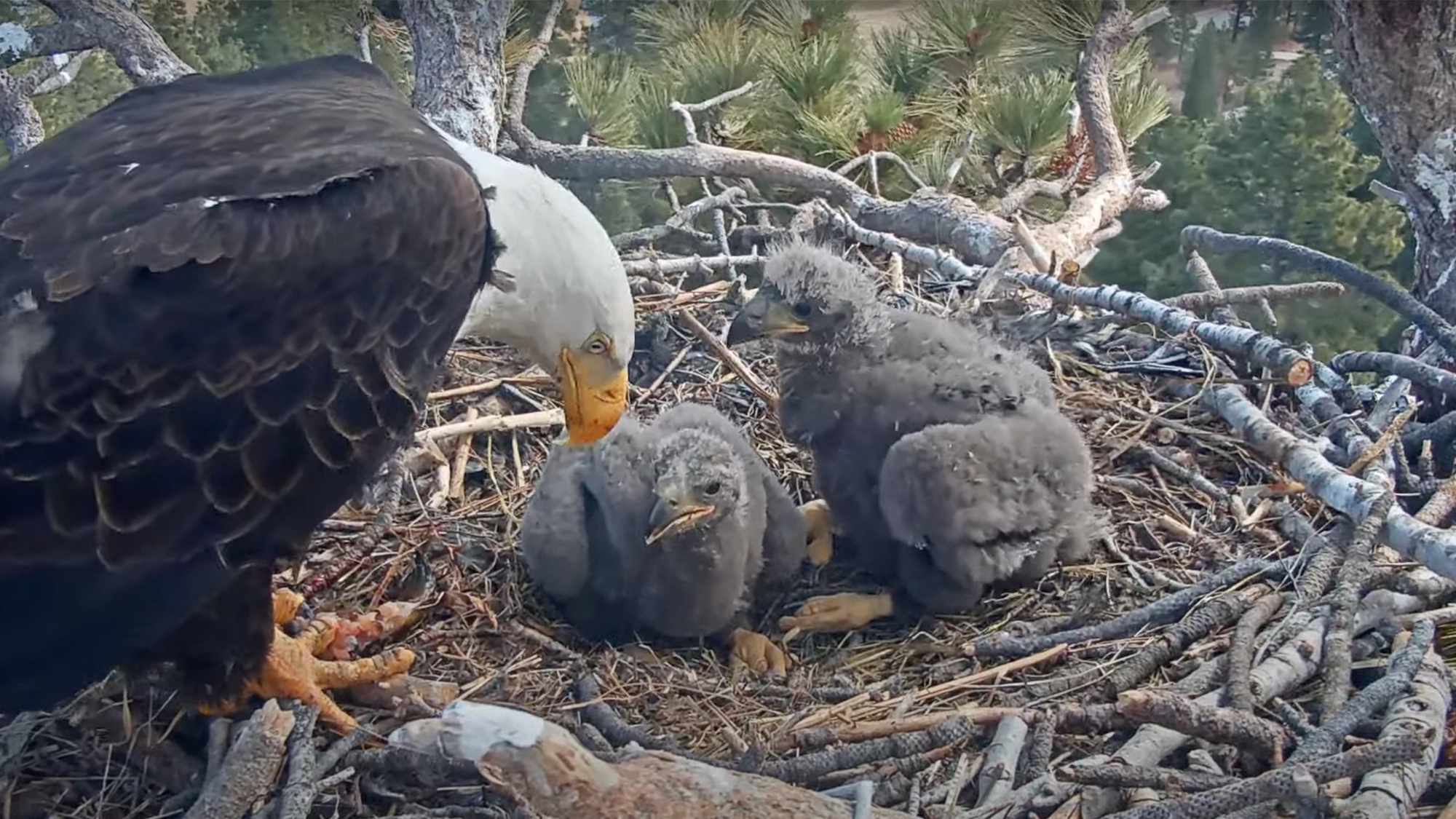
Students from schools around the Pittsburgh area will meet this weekend to work on climate change. The Pittsburgh Youth for Climate Action Summit takes place this Saturday. The one-day event is guided by Communitopia , a nonprofit that provides climate change education.
Teens come together to learn about climate solutions from one another, speakers and environmental groups. The Allegheny Front’s Kara Holsopple spoke with 17-year-old Mathilda Turich, a senior in the Pittsburgh Public School District, and one of the summit organizers. Kara Holsopple: How did you get involved in climate activism? Or maybe why? Mathilda Turich: My grandmother lives on a farm.

She used to live on a farm down in North Carolina, and now she lives on the farm closer to Pittsburgh. I’ve always been very close to nature, because she’s been in that very natural space. I got to see a lot of animals very young, a lot of plants.
And I also got to see how industry sort of started to take over the farm space and how invasive plants became more pervasive. She used to live in Charlotte, and they started building suburban homes really close to her farmland, and the creek got super muddy because of all the runoff from the construction. Seeing those negative effects made me more interested in conservation, and I actually first got into climate action through the summit.
I went a couple of years ago, and now for the past couple of years, I’ve helped organize the summit. What have you learned from organizing these climate summits? I’ve learned a lot about how to make sure people are engaged and having fun. Climate change can be very serious, and the consequences are dire.
But it’s really important to still maintain hope and joy and have a fun time with your community when you are working on these climate action initiatives, and especially in climate education. If everything is very doom-oriented all of the time, then you sort of lose motivation, but when you’re working with other people and you’re doing things – like we have a game of climate jeopardy at the end of the summit, and the winning team will get a bunch of prizes, things like that. Games like that really help keep you motivated.
Of course, you’re a climate activist and you’re organizing this summit, but what actions are you taking on climate and what do you hope your peers will do? Right now, I’m working on a native plant garden with my mom at my grandmother’s farm. One of the things I always want to support is getting groups together, like when I talk with my peers, sometimes I’ll hear, “Oh, I want to do this at my school, but I really know not many people are interested in it. I’m not sure where to start.
” So I always encourage finding something you’re interested in, and then sort of putting that out there and seeing if other people around you are interested in it, because chances are there are people who want to help you with that. My biggest piece of advice is to start doing it, to dive in. It won’t be perfect right away or really ever, but the only time to start is now.
Last year, my friends and I made a documentary called “ Lawn to Meadow, Why Your Lawn is Killing Us ,” that is about 15 minutes long. It’s about how to turn your lawn into a meadow. What frustrates you most about the climate crisis? I feel sometimes like people do not take it seriously, in part because it’s hard to see one singular effect of it all the time.
Also, it’s global warming, but it actually means that temperatures will fluctuate more aggressively, so it can result in snowstorms, and it’s like, “Oh, how is it global warming if it’s cold?” But I think the real root of that problem is less with individual people who are just living their lives and more with corporations who are very actively trying to make climate change more difficult to fight and seem like less of a problem. Especially with things like greenwashing, where a corporation will be like, yeah, we’re pro the environment, and we are doing these things to make sure that our company is green. And then you look a little bit closer and it turns out that they’ve actually just said, we’re going to do these things in the future, maybe, but we won’t actually.
If you look at the fine print, not everyone is actually on board helping to solve the climate because it makes some people a lot of money. What makes you feel like this is a problem that can be solved? Seeing people working on it, I think. Starting being a climate activist and working with other climate activists, hearing about all of the amazing things that they do is one of the things that makes me most hopeful because I know that other people care about it and I know I am not alone in being worried about this and in actively working to solve the current issues.
I think also having that community there, having a community that I can be happy, be sad, be angry with is incredibly beneficial and really getting me through all of...
these tough times, we’ll call it. I was going to ask you what feelings climate change, you know, the climate crisis brings up for you. For me, also for others, I think it’s a pretty common one, anxiety, like feeling very anxious about the future.
Again, being with people who are also taking action, a lot of hope. I’m often very worried about, especially about other people, because I am not in a frontline community. But I know other people who are going to be worse off as climate change worsens, and I’m worried about them.
My grandmother has some respiratory issues and some heart issues and she lives out in the countryside, and I worry about her. Last summer, we had those days with really bad air quality because of Canadian wildfires, and she couldn’t really go outside on those days because she couldn’t breathe. That sort of thing worries me a lot.
So, how are you going to continue your climate activism after high school or your environmental work? I’m going to Columbia University, and I’ve been to the campus once, and one of the first things I noticed while I was there was that there are a lot of lawns here. One of my friends showed me around and she said, “Yeah, they actually replace them every year.” Like they have to replace the lawns, I feel like we could improve that.
I can see the wheels turning. I’m looking forward to seeing if I can do some of that landscaping work when I’m there, and I’m looking forward to working with the already existing green teams and environmental clubs there. Mathilda Turich is a senior in the Pittsburgh Public School District and one of the organizers of the Pittsburgh Youth for Climate Action Summit .
Read more from our partners, The Allegheny Front ..















